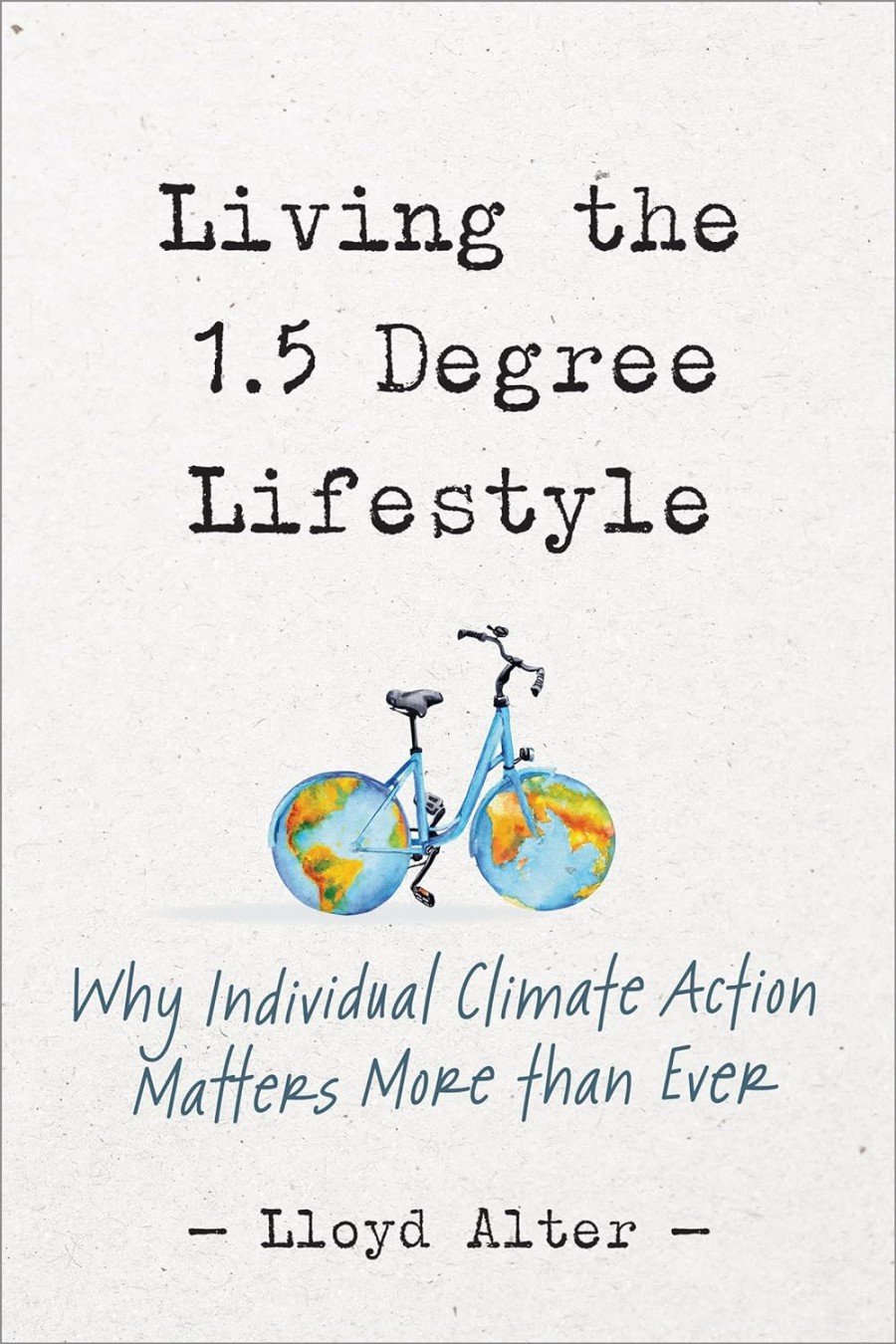Political Party Policies on Paris Climate Agreement

You’ve likely heard of the Paris Climate Agreement, but most newspapers or TV news programs don’t go into more detail, on what it is, and why it matters. We see prime ministers and presidents fly around the world to talk about it. Let’s learn more about it, and what English political party policies are on it.
What is the Paris Climate Agreement?
All climate scientists say that climate change is real (and mostly caused by humans) and that the only way to stop irreversible and catastrophic change, is to reduce emissions by 45% by 2030 (and ‘net-zero’ by 2050) to limit global warming to 1.5 degrees C (the same as pre-industrial levels).
In order to do this, there must be a dramatic increase on climate action by governments, mostly to reduce fossil fuels (from transport, energy use and livestock factory farming). But this window is rapidly closing, as major countries continue to not listen to climate scientists.
10 Facts You Need to Know
A Global Commitment To Limit Warming
The central promise of the Paris Agreement is to limit the average global temperature rise to below 2°C above pre-industrial levels, with efforts to keep it under 1.5°C.
Scientists agree that staying under these thresholds reduces the risks of severe droughts, floods, heatwaves, and sea level rise. This shared goal sets the direction for efforts worldwide.
Almost Every Country Signed Up
The deal gained support from 196 countries, including some of the biggest polluters like China, the United States, and the European Union. Only a few countries stood aside. This broad support boosts the agreement’s credibility and shows the shared sense of duty to address climate change.
Nationally Determined Contributions
Each country set its own climate action plan, called a Nationally Determined Contribution (NDC). These plans include targets to lower carbon emissions and details of how each nation aims to reach those targets.
Individual countries review and submit updated plans every five years, making the process ongoing and keeping momentum.
No Legally Binding Targets, But Transparency
The Paris Agreement does not force countries to hit specific carbon targets by law. Instead, it relies on transparency, regular reporting, and peer pressure to drive progress.
Countries must report their greenhouse gas emissions and track actions, so everyone can see if promises turn into real results.
Support For Developing Countries
Low-income countries face the harshest effects of climate change but often lack the resources to respond. The agreement requires richer countries to provide funding and support for poorer nations. This covers both cuts to emissions and help to adapt to new climate realities. The aim is a fairer spread of costs and benefits.
Scaling Up Climate Finance
One goal is for developed countries to mobilise at least $100 billion per year to help developing nations fight climate change. This money supports projects such as clean energy, better infrastructure, and new farming methods. Getting this funding on track has been slow, but the target encourages more investment and action.
Focus On Adaptation And Mitigation
The agreement covers two main approaches to climate action. Mitigation means cutting the greenhouse gases we put into the air. Adaptation means helping people get ready for the changes already happening, such as stronger storms and rising seas. Both are central to the Paris deal.
Regular Reviews And Updates
Every five years, countries must update their commitments. This review system, called the “ratchet mechanism,” encourages countries to strengthen their goals based on progress and advances in technology. It keeps the pressure on everyone to do more over time.
Role Of Transparency And Accountability
Transparency builds trust. Countries must measure and report emissions in clear, standard ways. This makes it easier to compare results and spot whether countries meet their targets. Public access to these reports means citizens and groups can hold leaders to account.
Long-Term Vision For Climate Neutrality
The agreement calls for the world to reach a balance between greenhouse gases put into the air and those taken out (net zero) in the second half of this century. The push for net zero sends a clear message to companies, banks, and people that the future is low carbon.
Living the 1.5 Degree Lifestyle

Living the 1.5 Degree Lifestyle is a book for individuals, and one that MPs could also read. Written by a climate expert, it shows how to cut the average carbon footprint of each person by over 80% (to 2.5 tonnes per year by 2024).
Learn to track your daily carbon emissions using his tips on eating food, getting around, even Internet usage. This is a life of quality over quantity, as we race to save the planet from over-heating.
For cooking, read up on food safety for people and pets. If planting green spaces, read about pet-friendly gardens and wildlife-friendly gardens. And trees to avoid near horses (including yew, oak and sycamore).
Political Party Policies on Paris Agreement
Environmental journalist George Monbiot does not hold out much hope for MPs, on the Paris Agreement:
Do they understand what they have signed? Plainly they do not. Governments not ratifying the Paris agreement on climate change, haven’t the faintest idea what it means. Either that, or they have no intention of honouring it. George Monbiot
Still, let’s have a look at what official party policies are of our main parties:
Conservative
It supports the legally-binding Net Zero by 2050. But is gradually watering this down, due to worries about affecting industry and the rise of Reform which does not acknowledge climate change science. It would ban new incinerators, but still wishes to issue new licenses to drill for oil in the North Sea.
Labour
It is becoming obsessed with blighting our country with offshore wind farms and more solar power, when of course the real solution is to reduce energy use through walkable communities, local food (driving pesticide-covered food from central distribution houses to 24-hour lit supermarkets driven by lorries uses a lot more fossil fuels than good town planning).
Lib Dems
It does take the issue more seriously, with a commitment to achieve Net Zero by 2050. It did approve new oil and gas drilling licenses, but thankfully appears now to have changed its mind, in line with Greens.
Greens
Has almost the same policies as the Lib Dems, with more action on insulating all homes, and has plans also to help tackle climate emissions in developing countries, essential to achieve the goal of reducing irreversible climate change.
Reform
Wants to scrap Net Zero completely, and increase the use of fossil fuels, for lower energy bills and ‘economic growth’. Their policies for the planet are seriously concerning, showing how other parties not addressing the genuine concerns over the boat crisis, has led barmpot politics to take over.
This party even said that England was warmer 2000 years ago to grow grapes in Yorkshire, so that’s okay then that we are hurtling to climatic catastrophe?
People in the USA are now terrified that polar bears could go extinct, as Donald Trump wants to drill their Arctic homes for more oil and gas. And like in the US, Reform is bankrolled by the very fossil fuel companies that we need to replace, to stop climate change.
Which Countries Have Not Signed Up?
As of 2025, only three countries had not ratified the Paris Agreement, although President Trump has now also announced his attention to withdraw, which is presently going through, despite the USA being the world’s second largest emitter of planet-warming gases.
Reform UK plans to scrap Net Zero, so presumably would then become just one of five countries on the entire planet, not to honour the Paris Climate Agreement.
Locals in the Reform-run Kent county council have recently been aghast, after a summer of heatwaves and floods, that the council has taken back the council’s declaration of a climate emergency. All opposition parties said this was anti-science and dangerous.
The three countries waiting to be confirmed ratified are:
- Iran has signed the agreement, but won’t sanction it until economic sanctions are lifted. These have been put in place due to support for terrorism, nuclear and missile development programs, along with human rights abuses.
- Libya had not signed and ratified the Agreement, but it looks like now it is or just has, due to experiencing rising temperatures in one of the hottest areas of earth.
- Yemen again has not ratified the agreement, due to political arguments and conflict, but hopefully will soon.





